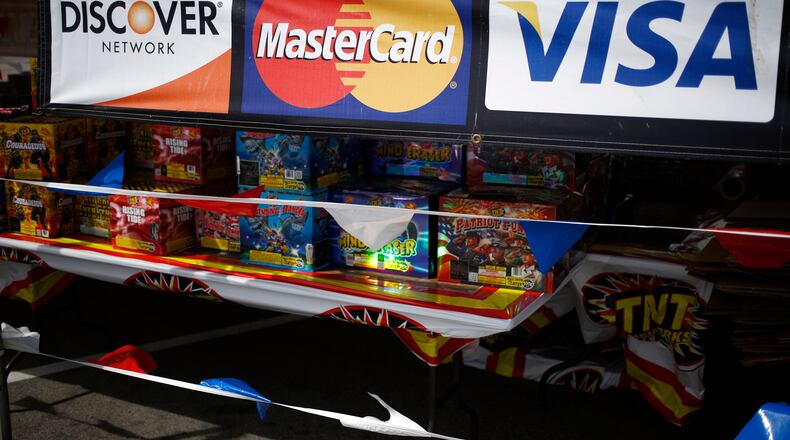While you won’t be able to completely avoid credit card fraud, there are ways you can protect yourself. BBB offers these tips to help protect you from credit card fraud:
• Don’t give your account number to unfamiliar people or companies over the phone.
• Carry your cards separately from your wallet. This will minimize your losses if someone steals your wallet or purse.
• Always keep an eye on your card during a transaction.
• Save all receipts to compare with your credit card statement.
• Check your bills online often and ensure they match purchases you’ve made. If you see mysterious charges, report them to the card issuer.
• Check credit reports regularly. You’re entitled to one free credit report every year from each of the three major credit reporting bureaus. You can visit annualcreditreport.com for your free reports. Consider requesting one report every four months to check for suspicious activity.
• Notify your credit card company if you are planning on moving or traveling.
• Never provide credit card information over social media.
• Keep a record of your account numbers, their expiration dates and the phone number to report fraud for each company in a secure place.
• Beware of phishing scams via e-mail, phone or text. Phishers try to trick consumers into revealing personal information that would allow them access to your accounts.
• Activate text updates. Contact your card company and sign up to be notified by text when charges are posted to your credit card account. Monitor balances over the phone by calling the number on the back of your card.
• Check cash registers and card readers for skimming devices.
• Only shop secure websites. No matter how professional looking the website is always be cautious about disclosing your account number unless the site is secure.
• Avoid using your credit card online in public places, such as libraries, coffee shops or on public Wi-Fi.
• Shred any unnecessary credit card statements and cards.
Remember, most credit cards offer zero-liability policies and federal law limits your liability to $50 at most for fraud reported within 60 days.
If you think you have been a victim of credit card fraud, call your card issuer and cancel your card immediately. Report it to FTC by calling 1-877-FTC-HELP or visit ftc.gov/complaint. You can also report it to BBB Scam Tracker, and check companies out by visiting www.bbb.org or calling (937) 222-5825 or (800) 776-5301.
About the Author
